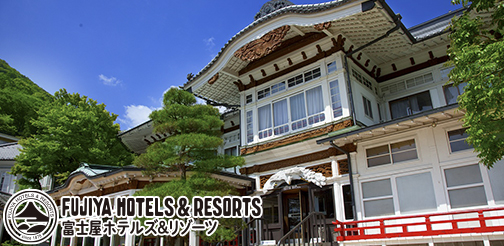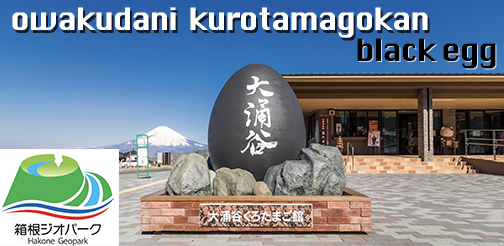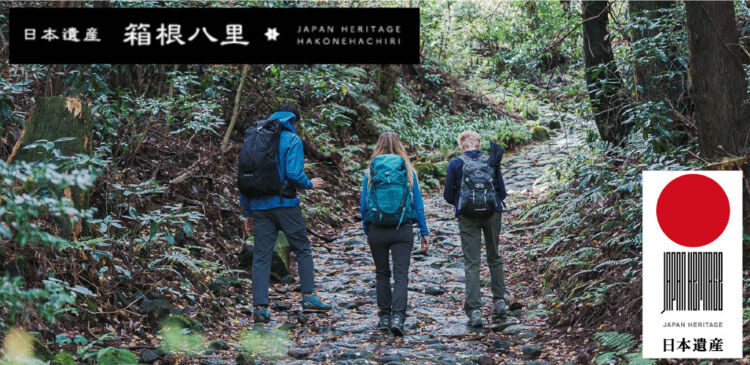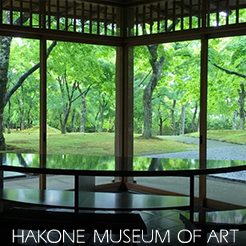This roadside pond looks peaceful enough these days, but its name has a gruesome story to it. Born into a poor family in the 1690s, Otama had to leave her home, a small fishing village on the Izu peninsula south of Hakone, while still very young. In the winter of 1702, her family sent her to Edo (present-day Tokyo) to work for a cousin, but the girl soon found the toil unbearable. Anxious to return home, she escaped after only two months in the capital and journeyed to Hakone. But Otama lacked the permit required to pass through Hakone Checkpoint, the barrier that regulated the flow of people and weapons into and out of Edo. Desperate, she tried to get around the barrier by finding a path through the mountains, but got caught trying to climb a fence and was thrown into the checkpoint’s jail. The penalty for attempting to avoid inspection was death, and no mercy was given: Otama was executed near the Nazunaga pond, which was later renamed Otamagaike (“Otama’s pond”) to calm the poor girl’s spirit. The local people also built a small Buddhist monument to her, which still stands near the water.
This English-language text was created by the Japan Tourism Agency.
















